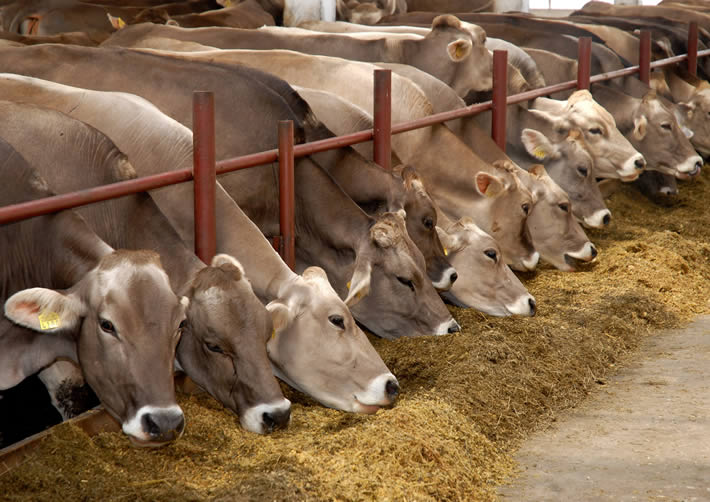Indian government introduces schemes to reduce animal health risks

In a recent press release, the government of India announced the implementation of its Livestock Health and Disease Control Programme (LHDCP) across the country. The aim of the programme is to reduce the risk to animal health by prophylactic vaccination against animal diseases, capacity building of veterinary services, disease surveillance and strengthening veterinary infrastructure.
The major activities supported are vaccination against foot and mouth disease (FMD), brucellosis, peste des petits ruminants (PPR) and classical swine fever (CSF); establishment and strengthening of veterinary hospitals and dispensaries – mobile veterinary units (ESVHD-MVU); and assistance to States for control of animal disease (ASCAD) for control of state prioritised exotic, emergent and zoonotic animal diseases including LSD.
Additionally, there are National Action Plans on diseases like avian influenza, African swine fever (ASF) and Glanders along with guidelines for control and containment of diseases within a definite time frame.
While animal husbandry is a state subject, the Department of Animal Husbandry & Dairying, Government of India implements the Livestock Health and Disease Control Programme (LHDCP) in all states with the aim of reducing risk to animal health by prophylactic vaccination against diseases of animals.
The funding pattern is 100% central assistance for the vaccination of FMD, Brucellosis, CSF and PPR. Further, under ASCAD, funds are provided for control of state prioritised exotic, emergent and zoonotic animal diseases including for LSD with funding pattern of 60:40 between Central and State; 90:10 for hilly and North East States respectively and 100% for UTs. Some states provide free vaccination against diseases of livestock and poultry.
Read also
Wheat in Southern Brazil Impacted by Dry Weather and Frosts
Oilseed Industry. Leaders and Strategies in the Times of a Great Change
Black Sea & Danube Region: Oilseed and Vegoil Markets Within Ongoing Transfor...
Serbia. The drought will cause extremely high losses for farmers this year
2023/24 Safrinha Corn in Brazil 91% Harvested
Write to us
Our manager will contact you soon



